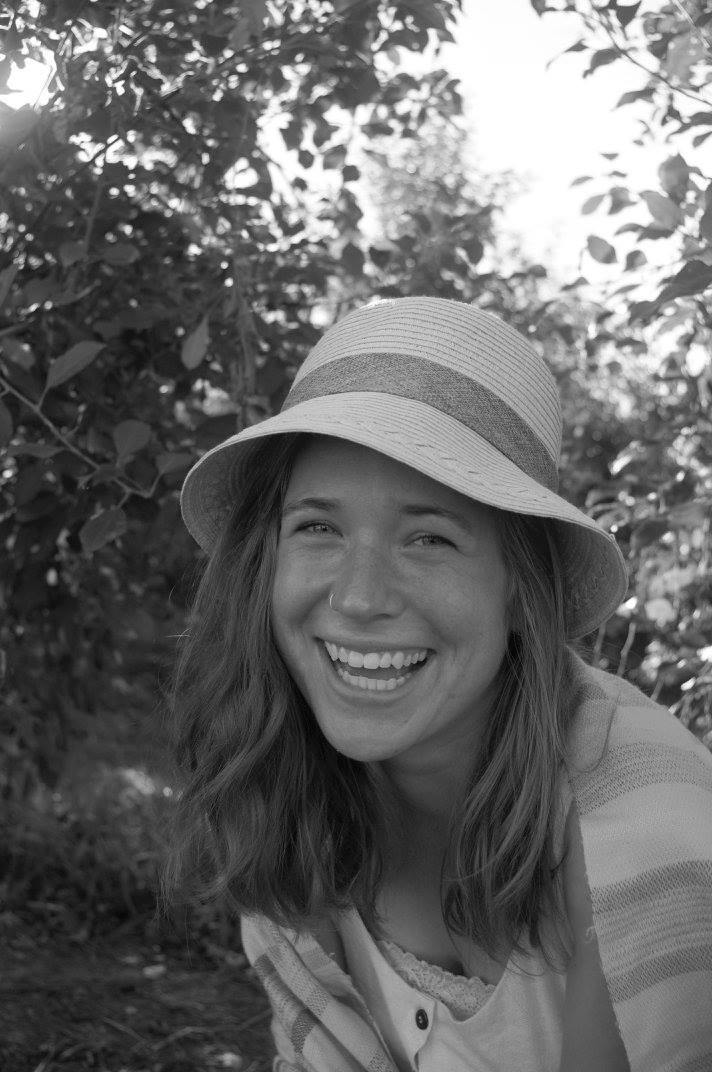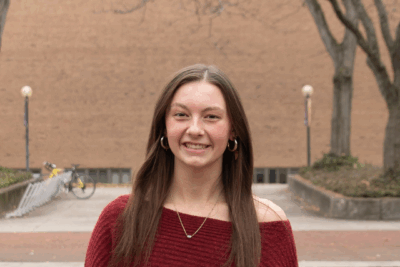As a woman who has many Mennonite friends on campus, I am often assumed to be Mennonite.
I cannot tell you the number of times I have been questioned about my home church, relatives who have attended Goshen or other connections to the Mennonite community.The truth is, I knew one Mennonite family before coming to Goshen, and found out about the school by searching online. As a prospective student, I encountered 4-part harmony hymn sings and the name Menno Simons for the first time.
Something I am often hesitant to share with people here at Goshen is that I grew up in the Evangelical Covenant church.
I quickly learned during my first year at Goshen that the phrases “accepted Christ into my heart” and “sharing my testimony,” which I often used while talking with my friends at home, were not effective ways to convey my faith experiences to my Mennonite friends.
I eventually stopped using the word “evangelical” to describe my denominational ties because I found myself quickly dismissed or easily judged when I did.
I specifically remember the eyebrow-raises in my Religion and America class when I shared that I grew up in the Evangelical church.
There was frustration present in my Roots of Environmental Crisis class when a representative from the Young Evangelicals for Climate Action came to speak about sin and climate change (someone who I was excited to hear again because they had visited my home church.)
The more I wrestled with my evangelical identity, the more discouraged I became. This was a time of deep questioning, anger, and confusion for me.
Prior to coming to Goshen, I was unaware of how other denominations viewed evangelicals.
My home church fit some general evangelical perceptions, but defied others.
As I was exposed to concepts like a genderless God, I started to challenge my beliefs in new ways. I began to truly understand the aspects of my home congregation that I valued as well as those I disagreed with.
I also learned how to explain my faith experience in terms that made better sense to my peers, and became less afraid to claim my religious upbringing.
While I consider myself much less religious now, I have come to appreciate my upbringing in a way that seemed impossible in the midst of feeling judged and lost my first two years of college.
For a long time, Goshen was not a safe place for me to talk about my faith, and this was a tough barrier to overcome.
My hope is that this will change for future students.
As a part of a diverse community, may we as Goshen College students create space to be patient and listen to the unique stories of faith that characterize our student body.


